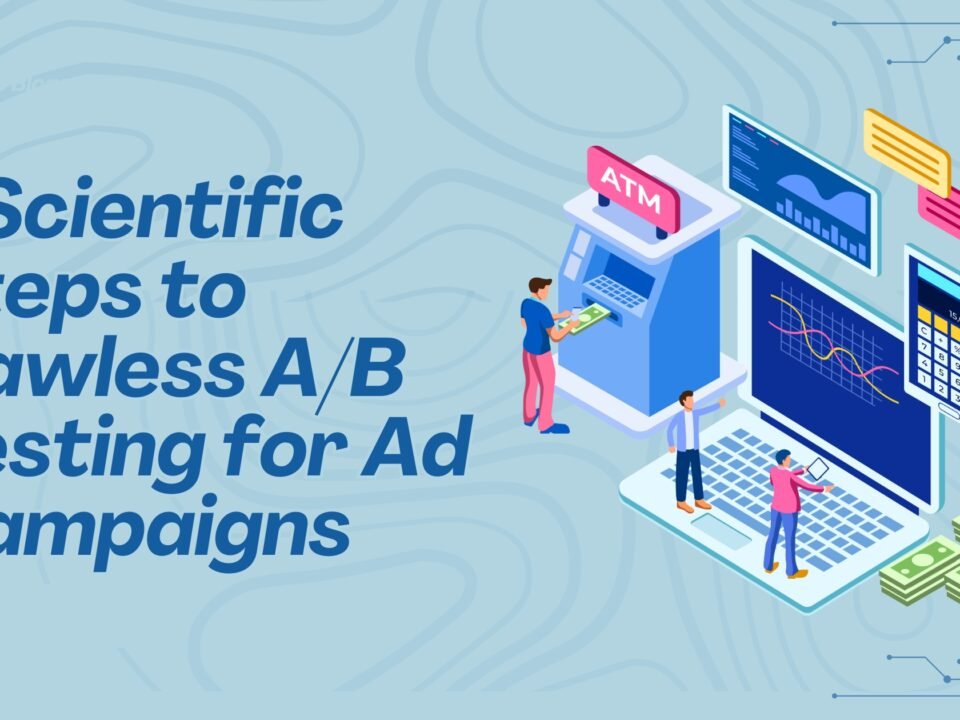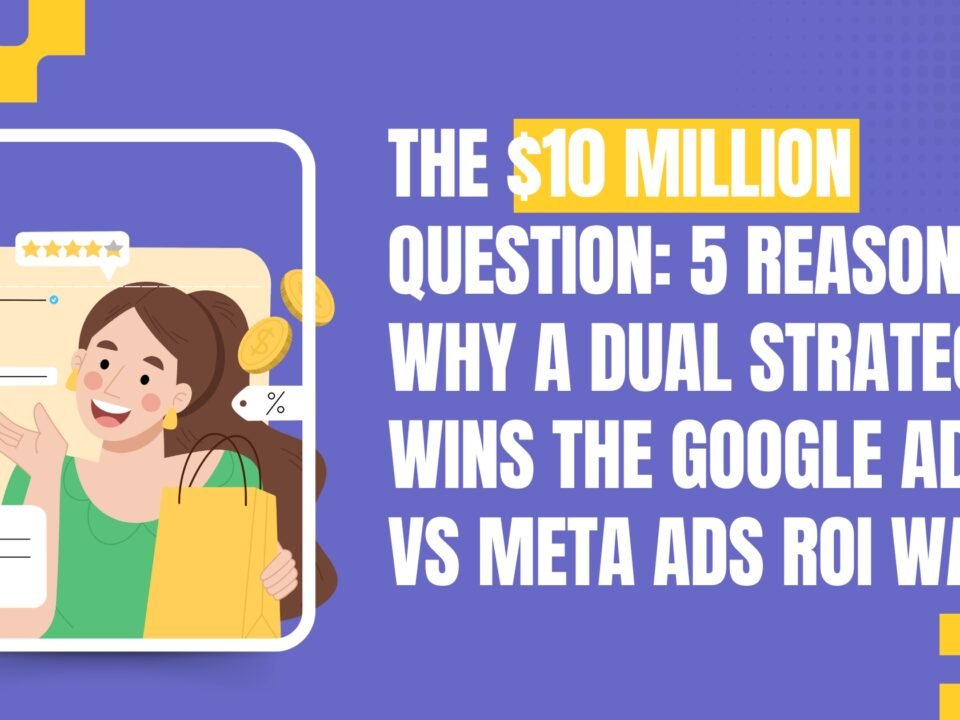
The modern digital economy runs on data, making it the most valuable resource for marketers worldwide. Yet, as companies race to collect, analyze, and monetize every consumer interaction, the foundational element of trust has been eroded. Data breaches are an almost daily occurrence, regulations like GDPR and CCPA have scrambled legacy systems, and consumers are increasingly cynical about how their personal information is being used. This perfect storm of privacy concerns and regulatory mandates demands a radical, infrastructure-level change—not just minor compliance fixes. This is where the truly revolutionary potential of Blockchain for Data Privacy in Marketing emerges as the definitive, secure solution.
For years, the internet operated on a centralized model where a few tech giants held vast, opaque troves of user data. This centralization created Honeypots: enormous, tempting targets for hackers, and, crucially, gave consumers virtually zero control or visibility over their own digital identities. The resulting trust deficit has crippled marketing efficacy, leading to wasted ad spend, soaring customer acquisition costs, and a general public aversion to personalization efforts, however well-intended. Marketers are caught between the need for deep audience insights and the legal imperative to protect privacy, a seemingly impossible balancing act.
Blockchain for Data Privacy in Marketing fundamentally shifts the power dynamic from the corporation back to the individual. By leveraging decentralization, cryptographic security, and immutable ledger technology, blockchain promises to dismantle the centralized data model entirely. It doesn’t just offer better compliance; it offers a new paradigm where data usage is transparent, consent is auditable, and the consumer is financially rewarded for sharing their information.
This seismic shift will manifest in 5 revolutionary ways, creating a truly secure and equitable marketing ecosystem. We will delve into how this technology is enabling everything from immutable consent registries and decentralized consumer identity to auditable ad supply chains and the tokenization of personal data, effectively transforming compliance from a burden into a competitive advantage. Mastering Blockchain for Data Privacy in Marketing is no longer optional—it is the next wave of digital transformation, promising a marketing landscape defined by transparency, trust, and ultimate consumer control.
The Honeypot Effect: Why Current Data Systems Are Broken
Before exploring the solutions offered by Blockchain for Data Privacy in Marketing, it’s essential to understand the structural failures of the current paradigm. Almost every business today uses a centralized database architecture. Customer relationship management (CRM) platforms, marketing automation tools, and e-commerce platforms all store customer data in one centralized server or cluster of servers. This concentration of sensitive records—names, addresses, purchase history, and payment details—creates what security experts call the “Honeypot Effect.”
The Honeypot Effect ensures that a single successful cyberattack can yield a massive payout for the hacker, crippling the company and instantly shattering consumer trust. This vulnerability is why data breaches are so commonplace. Furthermore, even without malicious actors, the opacity of these systems is a problem. Consumers have no clear, verifiable way to know which third parties have access to their profile, how long the data is retained, or whether their opt-out requests have truly been honored across every platform.
This centralization is diametrically opposed to the spirit of modern privacy legislation. Laws like GDPR require companies to be able to prove consent and be accountable for data management. In the sprawling, interconnected web of modern digital marketing, a single source of truth for user consent and a verifiable trail of data usage simply does not exist. The existing infrastructure is built for collection and exploitation, not for consumer control and secure transparency, highlighting the dire need for Blockchain for Data Privacy in Marketing.
Beyond Hype: How Blockchain Delivers Immutability and Trust
At its core, blockchain is a Distributed Ledger Technology (DLT). Instead of storing data on a single company server, the ledger is replicated across a network of computers (nodes). Any new transaction or record—such as a user consenting to email marketing—must be validated by the consensus of the network before being added as a new “block” to the chain. This structure solves the centralization and transparency problems in one revolutionary step.
Critically, blockchain uses advanced cryptography to ensure data integrity. Once a block of data is added, it is cryptographically linked to the previous block using a unique hash. This creates the property of immutability. If anyone tries to tamper with a record in an old block, the hash changes, invalidating all subsequent blocks and alerting the entire network.
This mechanism doesn’t necessarily mean all personal data is stored on the chain; often, only a verifiable reference or a hashed version of the user’s consent is stored. The private, personally identifiable information (PII) might remain off-chain, controlled by the user. This distinction is vital for scalability and privacy. By providing an unchangeable, verifiable record of consent and data usage rules, the DLT establishes the foundational trust necessary to revolutionize the next 5 points of Blockchain for Data Privacy in Marketing.
The 5 Revolutionary Pillars of Blockchain for Data Privacy in Marketing
The real-world applications of Blockchain for Data Privacy in Marketing go far beyond simple record-keeping. They represent a fundamental restructuring of the digital relationship between brands and their audiences.
1. Decentralized Identity (DID) & Self-Sovereign Identity (SSI)
Currently, consumers rely on centralized platforms (like Google or Facebook) to prove their identity online. If a user deletes their account, they lose that digital identity. Decentralized Identity (DID), enabled by blockchain, changes this. Users own their own cryptographic keys, which serve as their digital passport. This is revolutionary because it grants the user Self-Sovereign Identity (SSI).
With SSI, the consumer keeps their personal data in a secure digital wallet and merely grants temporary, verifiable permission to a marketer to use a specific data point. For example, instead of giving a website your date of birth, you simply present a verifiable credential from your wallet confirming you are “over 18.” The brand gets the necessary insight without ever accessing or storing your sensitive PII. This is the ultimate tool for secure data minimization and is arguably the most important element of Blockchain for Data Privacy in Marketing.
2. Immutable and Auditable Consent Management
The core difficulty of GDPR and CCPA compliance lies in proving that consent was given freely, informed, specific, and revocable. Marketing teams often struggle to maintain a single, audit-proof record across all their tools.
A blockchain-based consent registry solves this by writing the moment a user clicks “I agree to these terms” as an immutable transaction on the chain. If the user later revokes consent, that revocation is also timestamped and recorded. This provides a secure, universally auditable log for regulators, proving 100% compliance. For marketers, this transparency is a competitive edge, fostering deeper consumer trust than any privacy policy ever could.
3. Tokenized Data Ownership and Exchange
The vast profits generated by selling or trading user data are currently captured entirely by centralized tech platforms. Tokenization introduces a revolutionary model for ethical data exchange. Tokens (cryptocurrency) can represent ownership of a data set, or, more commonly, they can serve as payment.
In this model, the consumer registers their data on a secure decentralized data marketplace. When a marketer wishes to purchase specific, anonymized insights (e.g., “purchase intent for electric vehicles”), the smart contract automatically compensates the consumer with tokens in exchange for the usage rights. This model, often facilitated by Data Unions, turns data subjects into data shareholders, guaranteeing a transparent and fair value exchange and creating a powerful new facet of Blockchain for Data Privacy in Marketing.
4. Auditable and Transparent Ad Supply Chain
Ad fraud, waste, and supply chain opaqueness plague digital advertising. Brands lose billions to bots, domain spoofing, and misattributed clicks, and they often have no idea where their ad budget actually went.
Blockchain provides an end-to-end, secure audit trail for every single step of the ad supply chain, from the brand (advertiser) to the final publisher (website/app) that displayed the ad. Every impression, click, and payment is recorded on the ledger. This visibility eliminates fraud and confirms that budgets are spent exactly as intended. By eliminating the shadowy intermediaries, Blockchain for Data Privacy in Marketing delivers both cost efficiency for the advertiser and genuine value for the publisher.
5. Secure and Private Micro-Targeting (Zero-Knowledge Proofs)
Micro-targeting is highly effective but often viewed negatively due to the invasive nature of data collection. Revolutionary cryptographic techniques, specifically Zero-Knowledge Proofs (ZKPs), offer a game-changing compromise.
A ZKP allows a party (the marketer) to verify that a statement about a user is true (e.g., “This user is a luxury car owner”) without the user revealing the underlying sensitive information that proves the statement (e.g., their registration details, income, or address). Essentially, the user proves a fact without revealing the data behind the fact. This enables marketers to run highly effective, surgical ad campaigns while maintaining the highest level of secure data privacy. It truly encapsulates the promise of Blockchain for Data Privacy in Marketing—precision without intrusion.
The 5 Hurdles to Mass Adoption
While the promise of Blockchain for Data Privacy in Marketing is undeniable, the path to mainstream integration is not without its challenges. These 5 hurdles represent the most pressing obstacles.
- Scalability: Current mainstream blockchains (Public DLTs) sometimes struggle with the massive transaction volumes required for global digital advertising and CRM systems, though layer-2 solutions and specialized protocols are rapidly addressing this.
- Interoperability: The technology needs seamless ways to communicate with the vast, entrenched legacy systems (Web 2.0 databases) that marketers currently rely on.
- Regulatory Ambiguity: While blockchain offers excellent compliance tools, the legal status of data stored on a decentralized, global ledger is still murky in many jurisdictions.
- User Experience (UX): For mass adoption, the process of managing a digital wallet, cryptographic keys, and tokenized data must become as simple as logging into a website today.
- Cost of Transition: For large enterprises, migrating from existing infrastructure to a blockchain-native ecosystem represents a significant upfront investment in time, training, and capital.
Conclusion: Trust as the New Digital Currency
The era of relying on opaque centralized systems is ending. The combination of intense regulatory pressure and an increasingly informed and demanding consumer base has made the old ways of data exploitation unsustainable. Blockchain for Data Privacy in Marketing offers the revolutionary opportunity to pivot from an economy based on data hoarding to one based on data trust.
The 5 pillars discussed—Decentralized Identity, Immutable Consent, Tokenization, Transparent Ad Supply Chains, and ZKP-enabled Micro-Targeting—are not futuristic fantasies; they are active projects redefining how digital interactions occur. By adopting these secure blockchain tools, marketers can move past the fear of compliance penalties and into a new age where they build deeper, more ethical relationships with their audience.
Embracing Blockchain for Data Privacy in Marketing is the ultimate strategy for future-proofing your business, guaranteeing that the trust and privacy of your customer remains the most powerful and valuable asset in your marketing toolkit.




